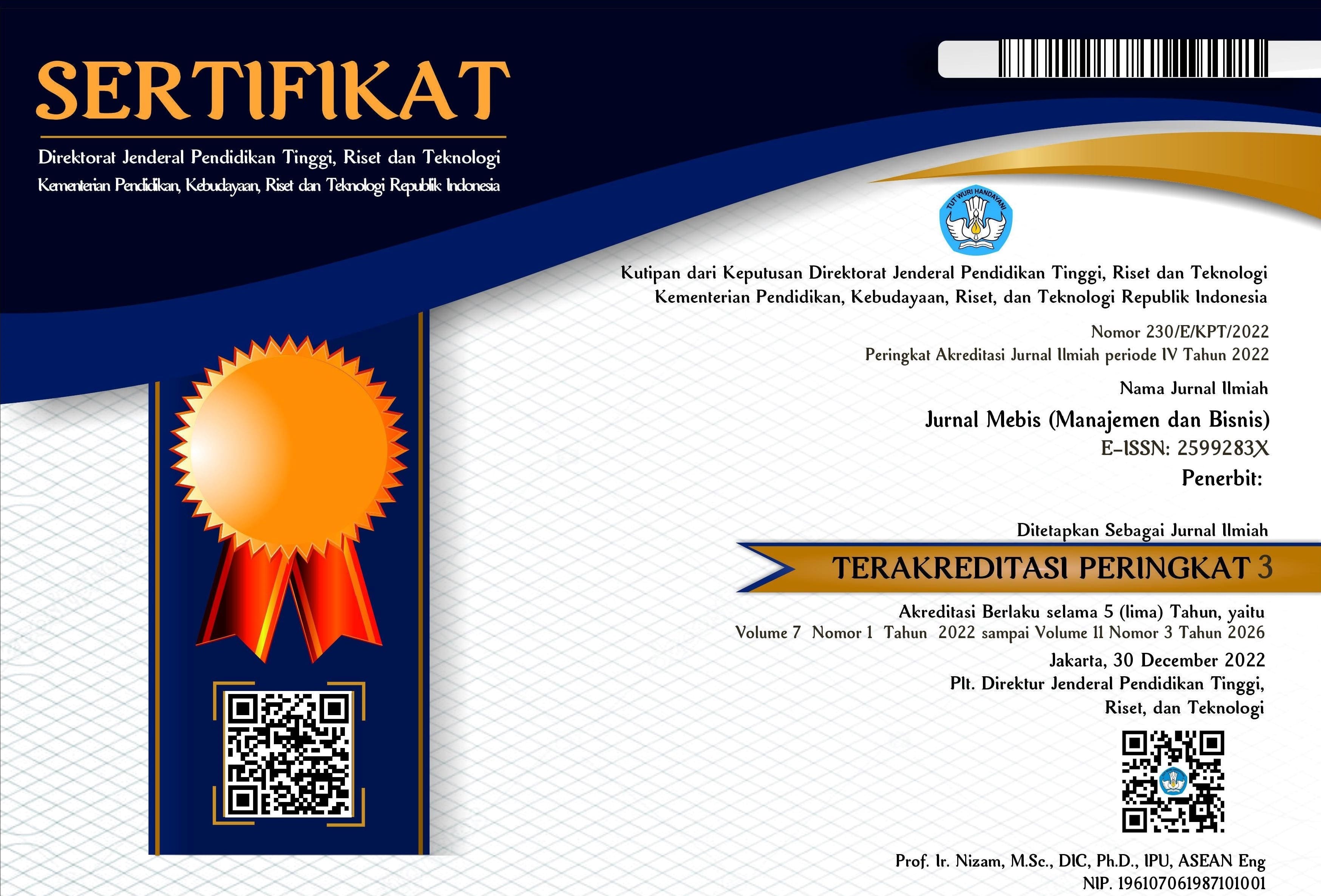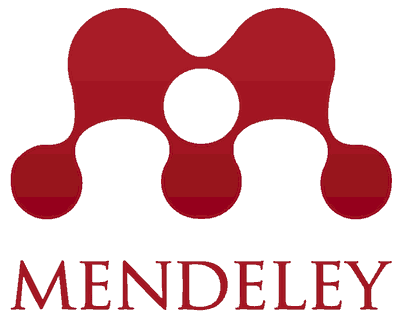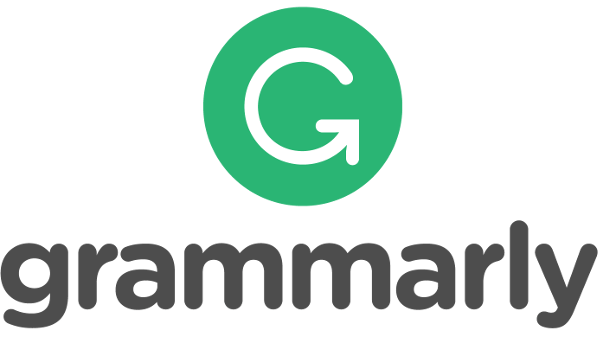Work Values and Multidimensional Career Commitment on Perceived Career Success: Reassessing Hybrid Career Perspective
DOI:
https://doi.org/10.33005/mebis.v10i1.682Keywords:
Intrinsic Work Value, Extrinsic Work Value, Multidimensional Career Commitment, Perceived Career Success, Hybrid CareerAbstract
Perceived career success in employee career development has received much attention in recent years. Keeping that in mind, this research examines the relationship between intrinsic and extrinsic work values and perceived career success within a hybrid career orientation. This research also tests the mediating role of multidimensional career commitment, which includes career resilience, career planning, and career identity. The sample consisted of 322 civil servants working in government agencies in Indonesia. The SEM-AMOS analytical model was used to test the measurement and structural models. The findings of the research study indicated a positive correlation between intrinsic work value and perceived career success. Moreover, the relationship between intrinsic work values and perceived career success was found to be influenced by career resilience, career planning, and career identity. In contrast, no significant relationship was observed between extrinsic work values and perceived career success. However, extrinsic work values were negatively related to career resilience. This research suggests that human resource management practitioners can enhance career management by emphasizing multidimensional career commitment and intrinsic work values.
Downloads
References
Ahmad, B., Latif, S., Bilal, A. R., & Hai, M. (2019). The mediating role of career resilience on the relationship between career competency and career success: An empirical investigation. Asia-Pacific Journal of Business Administration, 11(3). https://doi.org/10.1108/APJBA-04-2019-0079
Baruch, Y., & Vardi, Y. (2016). A Fresh Look at the Dark Side of Contemporary Careers: Toward a Realistic Discourse. British Journal of Management, 27(2). https://doi.org/10.1111/1467-8551.12107
Black, K., & Warhurst, R. (2019). Career transition as identity learning: an autoethnographic understanding of human resource development. Human Resource Development International, 22(1), 25–43. https://doi.org/10.1080/13678868.2018.1444005
Briscoe, J. P., Kaše, R., Dries, N., Dysvik, A., Unite, J. A., Adeleye, I., Andresen, M., Apospori, E., Babalola, O., Bagdadli, S., Çakmak-Otluoglu, K. Ö., Casado, T., Cerdin, J. L., Cha, J. S., Chudzikowski, K., Dello Russo, S., Eggenhofer-Rehart, P., Fei, Z., Gianecchini, M., … Zikic, J. (2021). Here, there, & everywhere: Development and validation of a cross-culturally representative measure of subjective career success. Journal of Vocational Behavior, 130. https://doi.org/10.1016/j.jvb.2021.103612
Busque-Carrier, M., Ratelle, C. F., & Le Corff, Y. (2022). Work Values and Job Satisfaction: The Mediating Role of Basic Psychological Needs at Work. Journal of Career Development, 49(6). https://doi.org/10.1177/08948453211043878
Carson, K. D., & Bedeian, A. G. (1994). Career commitment: Construction of a measure and examination of its psychometric properties. Journal of Vocational Behavior, 44(3). https://doi.org/10.1006/jvbe.1994.1017
Cheung, G. W., & Lau, R. S. (2008). Testing mediation and suppression effects of latent variables: Bootstrapping with structural equation models. Organizational Research Methods, 11(2). https://doi.org/10.1177/1094428107300343
Doo, M. Y., & Park, S. H. (2019). Effects of work value orientation and academic major satisfaction on career decision-making self-efficacy. Higher Education, Skills and Work-Based Learning, 9(4). https://doi.org/10.1108/HESWBL-09-2018-0088
Ekmekcioglu, E. B., Erdogan, M. Y., & Sokmen, A. (2020). Career commitment and subjective career success: the moderating role of career-enhancing strategies. International Journal of Manpower, 41(8). https://doi.org/10.1108/IJM-07-2018-0230
Feng, J., Allen, D. G., & Seibert, S. E. (2022). Once an entrepreneur, always an entrepreneur? Entrepreneurial identity, job characteristics, and voluntary turnover of former entrepreneurs in paid employment. Personnel Psychology, 75(1). https://doi.org/10.1111/peps.12455
Gander, M. (2018). Professional staff in universities: career needs, values, attitudes and behaviours. Australian Journal of Career Development, 27(3). https://doi.org/10.1177/1038416218775746
Gander, M. (2021). The hybrid career concept: creating hybrid career pathways. Career Development International, 26(7). https://doi.org/10.1108/CDI-07-2020-0189
Gattiker, U. E., & Larwood, L. (1986). Subjective career success: A study of managers and support personnel. Journal of Business and Psychology, 1(2). https://doi.org/10.1007/BF01018805
Goulet, L. R., & Singh, P. (2002). Career commitment: A reexamination and an extension. Journal of Vocational Behavior, 61(1). https://doi.org/10.1006/jvbe.2001.1844
Guo, F., Restubog, S. L. D., Cui, L., Zou, B., & Choi, Y. (2019). What determines the entrepreneurial success of academics? Navigating multiple social identities in the hybrid career of academic entrepreneurs. Journal of Vocational Behavior, 112. https://doi.org/10.1016/j.jvb.2019.03.003
Haibo, Y., Xiaoyu, G., Xiaoming, Z., & Zhijin, H. (2018). Career adaptability with or without career identity: how career adaptability leads to organizational success and individual career Success? Journal of Career Assessment, 26(4). https://doi.org/10.1177/1069072717727454
Hall, D. T., Yip, J., & Doiron, K. (2018). Protean careers at work: self-direction and values orientation in psychological success. In Annual Review of Organizational Psychology and Organizational Behavior (Vol. 5). https://doi.org/10.1146/annurev-orgpsych-032117-104631
Han, M. C., & Hwang, P. C. (2021). Who will survive workplace ostracism? Career calling among hotel employees. Journal of Hospitality and Tourism Management, 49. https://doi.org/10.1016/j.jhtm.2021.09.006
Han, Y., Chaudhury, T., & Sears, G. J. (2021). Does career resilience promote subjective well-being? Mediating effects of career success and work stress. Journal of Career Development, 48(4). https://doi.org/10.1177/0894845319851875
Hite, L. M., & McDonald, K. S. (2020). Careers after COVID-19: challenges and changes. Human Resource Development International. https://doi.org/10.1080/13678868.2020.1779576
Jo, H., Park, M., & Song, J. H. (2024). Career competencies: an integrated review of the literature. European Journal of Training and Development, 48(7–8). https://doi.org/10.1108/EJTD-04-2023-0052
Koekemoer, E., Olckers, C., & Nel, C. (2020). Work–family enrichment, job satisfaction, and work engagement: The mediating role of subjective career success. Australian Journal of Psychology, 72(4). https://doi.org/10.1111/ajpy.12290
Lyons, S. T., Schweitzer, L., & Ng, E. S. W. (2015). Resilience in the modern career. Career Development International, 20(4). https://doi.org/10.1108/CDI-02-2015-0024
Lysova, E. I., Richardson, J., Khapova, S. N., & Jansen, P. G. W. (2015). Change-supportive employee behavior: A career identity explanation. Career Development International, 20(1). https://doi.org/10.1108/CDI-03-2014-0042
McDonald, K. S., Hite, L. M., & O’Connor, K. W. (2022). Developing sustainable careers for remote workers. Human Resource Development International, 25(2). https://doi.org/10.1080/13678868.2022.2047148
Mishra, P., & McDonald, K. (2017). Career resilience: an integrated review of the empirical literature. In Human Resource Development Review (Vol. 16, Issue 3). https://doi.org/10.1177/1534484317719622
Podsakoff, P. M., MacKenzie, S. B., Lee, J. Y., & Podsakoff, N. P. (2003). Common method biases in behavioral research: a critical review of the literature and recommended remedies. In Journal of Applied Psychology (Vol. 88, Issue 5). https://doi.org/10.1037/0021-9010.88.5.879
Praskova, A., Creed, P. A., & Hood, M. (2015). Career identity and the complex mediating relationships between career preparatory actions and career progress markers. Journal of Vocational Behavior, 87. https://doi.org/10.1016/j.jvb.2015.01.001
Ryan, R. M., Deci, E., & Olafsen, A. (2017). Self-determination theory in work organizations: the state of a science. Annual Review of Organizational Psychology and Organizational Behavior, 4.
Salleh, A. M. M., Omar, K., Aburumman, O. J., Mat, N. H. N., & Almhairat, M. A. (2020). The impact of career planning and career satisfaction on employees’ turnover intention. Entrepreneurship and Sustainability Issues, 8(1). https://doi.org/10.9770/jesi.2020.8.1(14)
Schultheiss, A. J., Koekemoer, E., & Masenge, A. (2023). Career commitment and subjective career success: Considering the role of career resilience and self-efficacy. Australian Journal of Career Development, 32(2). https://doi.org/10.1177/10384162231172560
Seibert, S., Akkermans, J., & Liu, C. H. J. (2024). Understanding contemporary career success: a critical review. In Annual Review of Organizational Psychology and Organizational Behavior (Vol. 11). https://doi.org/10.1146/annurev-orgpsych-120920-051543
Shevchuk, A., Strebkov, D., & Bögenhold, D. (2024). Work values and hybrid careers in the gig economy: The evidence from an online labor market. Economic and Industrial Democracy, 45(1). https://doi.org/10.1177/0143831X221140153
Shockley, K. M., Ureksoy, H., Rodopman, O. B., Poteat, L. F., & Dullaghan, T. R. (2016). Development of a new scale to measure subjective career success: A mixed-methods study. Journal of Organizational Behavior, 37(1). https://doi.org/10.1002/job.2046
Son, S. J., & Kim, D. Y. (2021). Organizational career growth and career commitment: Moderated mediation model of work engagement and role modeling. International Journal of Human Resource Management, 32(20). https://doi.org/10.1080/09585192.2019.1657165
Spurk, D., Hirschi, A., & Dries, N. (2019). Antecedents and outcomes of objective versus subjective career success: competing perspectives and future directions. In Journal of Management (Vol. 45, Issue 1). https://doi.org/10.1177/0149206318786563
Spurk, D., Kauffeld, S., Barthauer, L., & Heinemann, N. S. R. (2015). Fostering networking behavior, career planning and optimism, and subjective career success: An intervention study. Journal of Vocational Behavior, 87. https://doi.org/10.1016/j.jvb.2014.12.007
Sullivan, S. E., & Al Ariss, A. (2022). A conservation of resources approach to inter-role career transitions. Human Resource Management Review, 32(3). https://doi.org/10.1016/j.hrmr.2021.100852
Sultana, R., Yousaf, A., Khan, I., & Saeed, A. (2016). Probing the interactive effects of career commitment and emotional intelligence on perceived objective/subjective career success. Personnel Review, 45(4). https://doi.org/10.1108/PR-11-2014-0265
Tran Huy, P. (2024). Crafting your career success: the role of high-performance work system, HRM attribution, and job crafting. Current Psychology, 43(11). https://doi.org/10.1007/s12144-023-05162-3
Van der Heijden, B. I. J. M., Davies, E. M. M., van der Linden, D., Bozionelos, N., & De Vos, A. (2022). The relationship between career commitment and career success among university staff: The mediating role of employability. European Management Review, 19(4). https://doi.org/10.1111/emre.12503
Vansteenkiste, M., Neyrinck, B., Niemiec, C. P., Soenens, B., De Witte, H., & Van Den Broeck, A. (2007). On the relations among work value orientations, psychological need satisfaction and job outcomes: A self-determination theory approach. Journal of Occupational and Organizational Psychology, 80(2). https://doi.org/10.1348/096317906X111024
Wang, L., & Chen, Y. (2022). Success or growth? Distinctive roles of extrinsic and intrinsic career goals in high-performance work systems, job crafting, and job performance. Journal of Vocational Behavior, 135. https://doi.org/10.1016/j.jvb.2022.103714
Wong, S. I., Kost, D., & Fieseler, C. (2021). From crafting what you do to building resilience for career commitment in the gig economy. Human Resource Management Journal, 31(4). https://doi.org/10.1111/1748-8583.12342
Yang, C., Chen, Y., Zhao, X., & Cui, Z. (2023). Career identity and organizational identification among professionals with on-demand work. Personnel Review, 52(3). https://doi.org/10.1108/PR-04-2019-0193
Yoon, K. H., Oh, S. H., & Kim, B. Y. (2018). The influence of job insecurity on career commitment and attitude in multinational corporations. Journal of Applied Business Research, 34(1). https://doi.org/10.19030/jabr.v34i1.10096
Zhao, Q., Cai, Z., Zhou, W., & Zang, L. (2022). Organizational career management: a review and future prospect. Career Development International, 27(3). https://doi.org/10.1108/CDI-04-2021-0088













